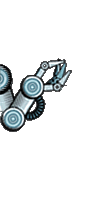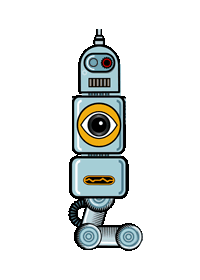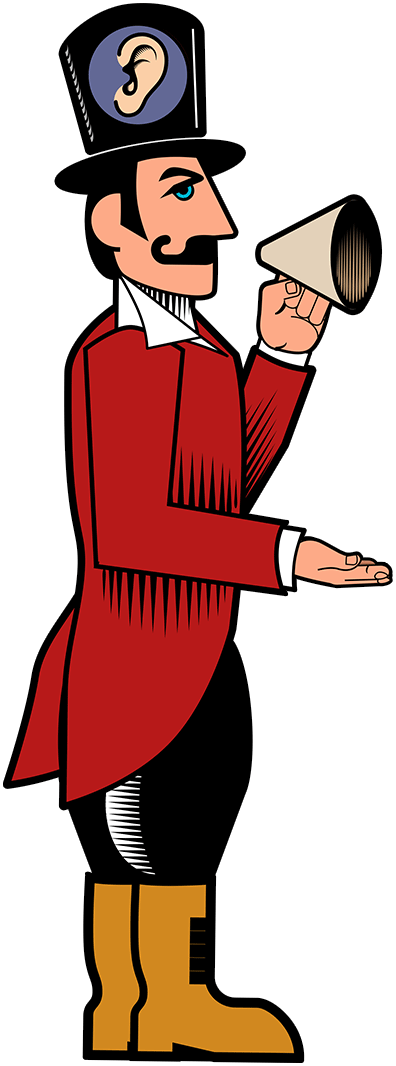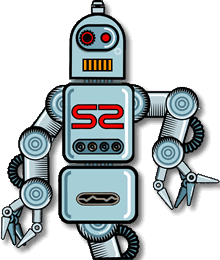Vocabulary to help students learning English understand various parts of grammar.
|
|
adjective |
An adjective is a word which describes a noun.
*
|
|
|
auxiliary |
The primary auxiliary verbs in English are to be, to have and to do.
*
|
|
|
conjunction |
A conjunction is used to join two parts of a sentence together.
*
|
|
|
modal |
A modal verb is a type of auxiliary verb that is used to indicate the likelihood or probability of something occurring.
*
|
|
|
phrasal |
A phrasal verb consists of a noun and a particle.
*
|
|
|
preposition |
A preposition combines with a pronoun or a noun to indicate location, movement or time.
*
|
|
|
rhetorical |
A rhetorical device, such as a question, is used for effect rather than to get an answer.
*
|
|
|
syntax |
The sequence in which words are put together to form sentences is known as the syntax.
*
|
* This sentence was added by a Spellzone user.
Strengthen your spelling abilities with structured learning activities.



How to use:
Look and read the word.
Say the word. Click the speaker icon.
Cover the word.
Write the word.
Check your spelling.
Make learning enjoyable with engaging spelling games.
 Spelling Snowball
Spelling Snowball
Winter spelling fun!
![]()
![]()
 Egg Hunt
Egg Hunt
Crack the eggs!
![]()
 Word Search, small
Word Search, small
The classic English word game.
![]()
![]()
![]()
 Against the Clock
Against the Clock
Spelling 'against the clock'.
![]()
![]()
 Mayan Temple
Mayan Temple
Try the temple spelling puzzle.
![]()
 Monkey Business
Monkey Business
It's bananas!
![]()
Check your spelling accuracy with this test.

Take your spelling practice offline with printable activities.
Strengthen spelling retention through writing practice.

"Thank goodness for Spellzone during this remote learning phase. The site is easy for students to navigate independently and they're really enjoying the activities and spelling games. You get an awful lot for your money with Spellzone. Really reassuring is the very prompt response with helpdesk queries. I've very rarely needed the helpdesk, but when I have, the issue has been addressed and sorted within a very short time."
Sarah Taggart, Oasis Academy Lord's Hill